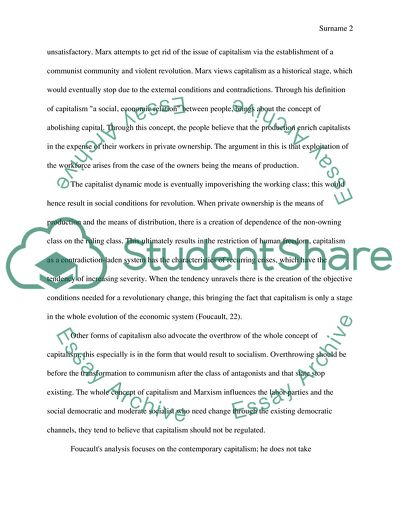Cite this document
(Continental Political Thought Essay Example | Topics and Well Written Essays - 1750 words, n.d.)
Continental Political Thought Essay Example | Topics and Well Written Essays - 1750 words. https://studentshare.org/politics/1852734-continental-political-thought
Continental Political Thought Essay Example | Topics and Well Written Essays - 1750 words. https://studentshare.org/politics/1852734-continental-political-thought
(Continental Political Thought Essay Example | Topics and Well Written Essays - 1750 Words)
Continental Political Thought Essay Example | Topics and Well Written Essays - 1750 Words. https://studentshare.org/politics/1852734-continental-political-thought.
Continental Political Thought Essay Example | Topics and Well Written Essays - 1750 Words. https://studentshare.org/politics/1852734-continental-political-thought.
“Continental Political Thought Essay Example | Topics and Well Written Essays - 1750 Words”. https://studentshare.org/politics/1852734-continental-political-thought.


